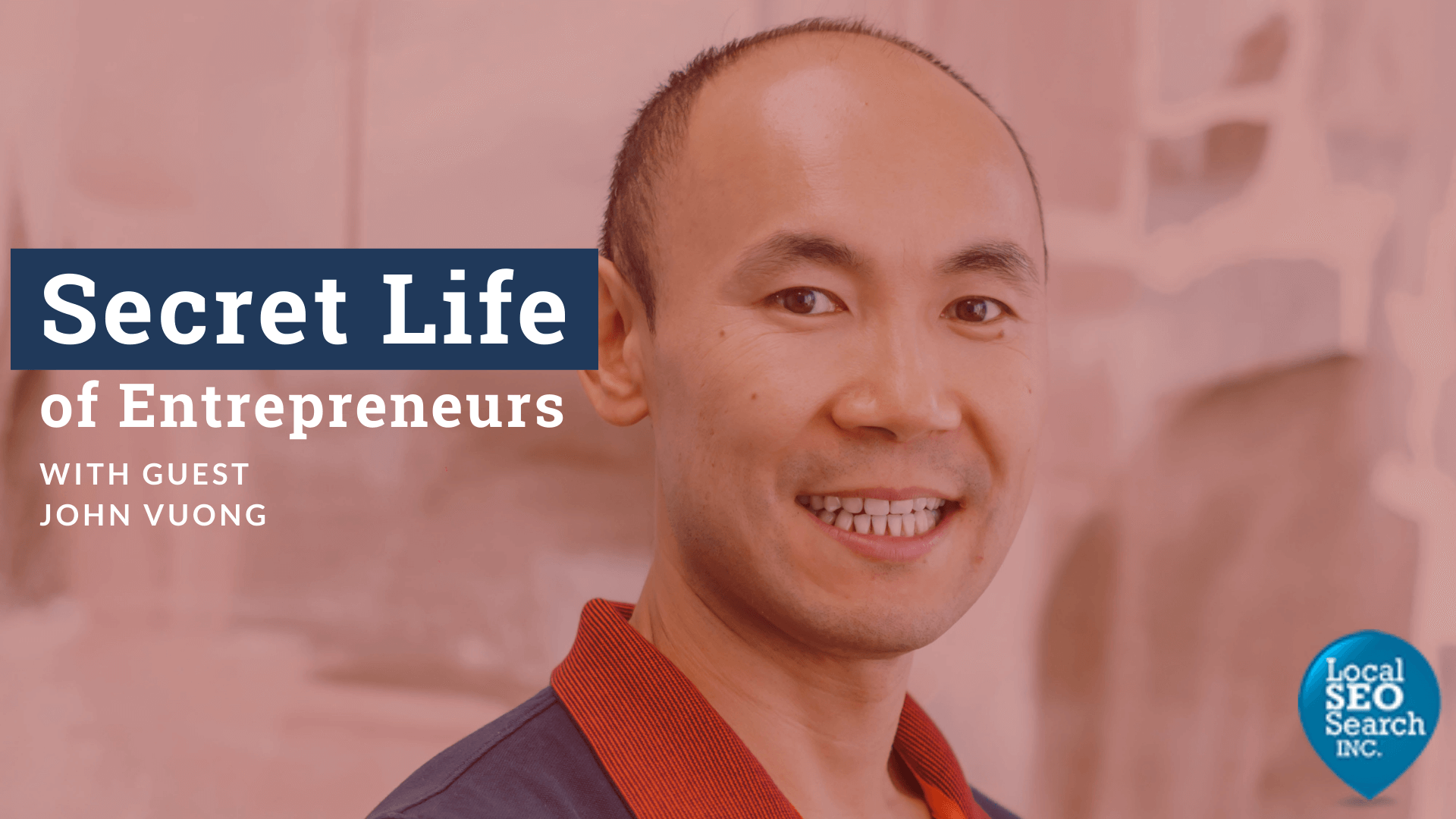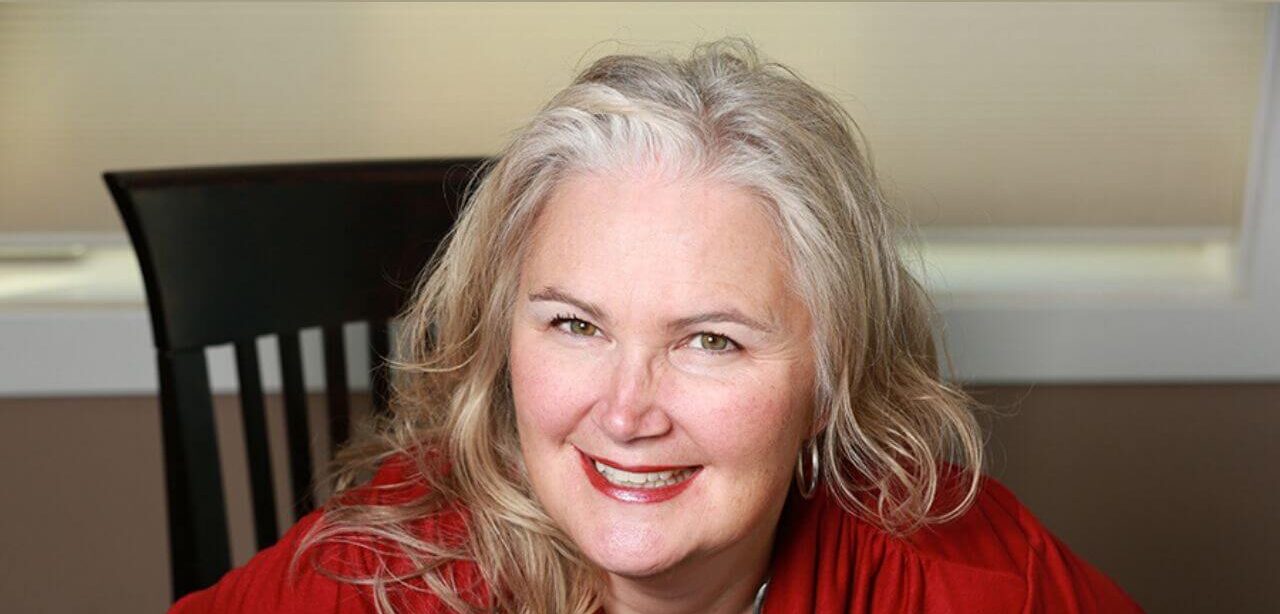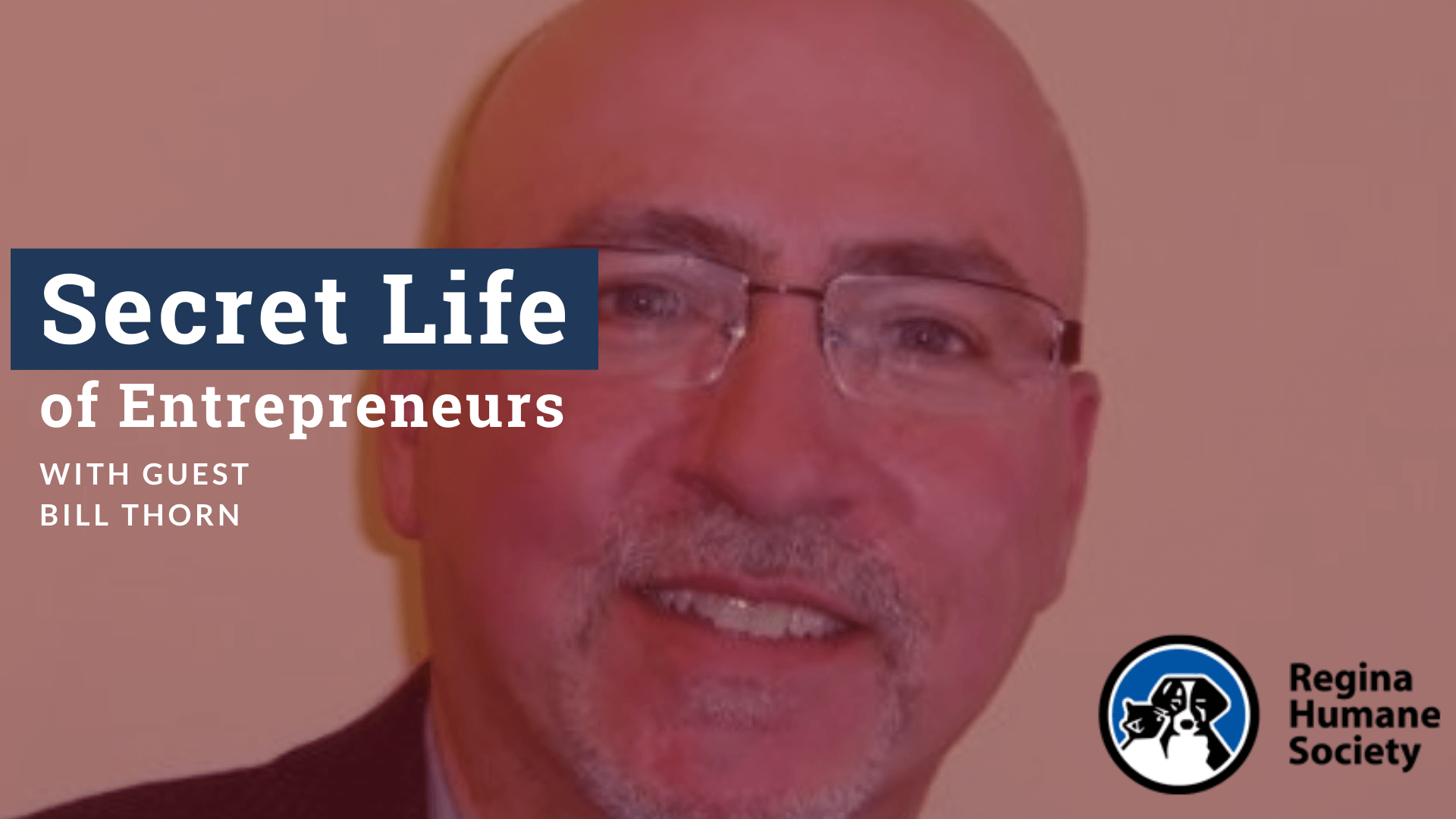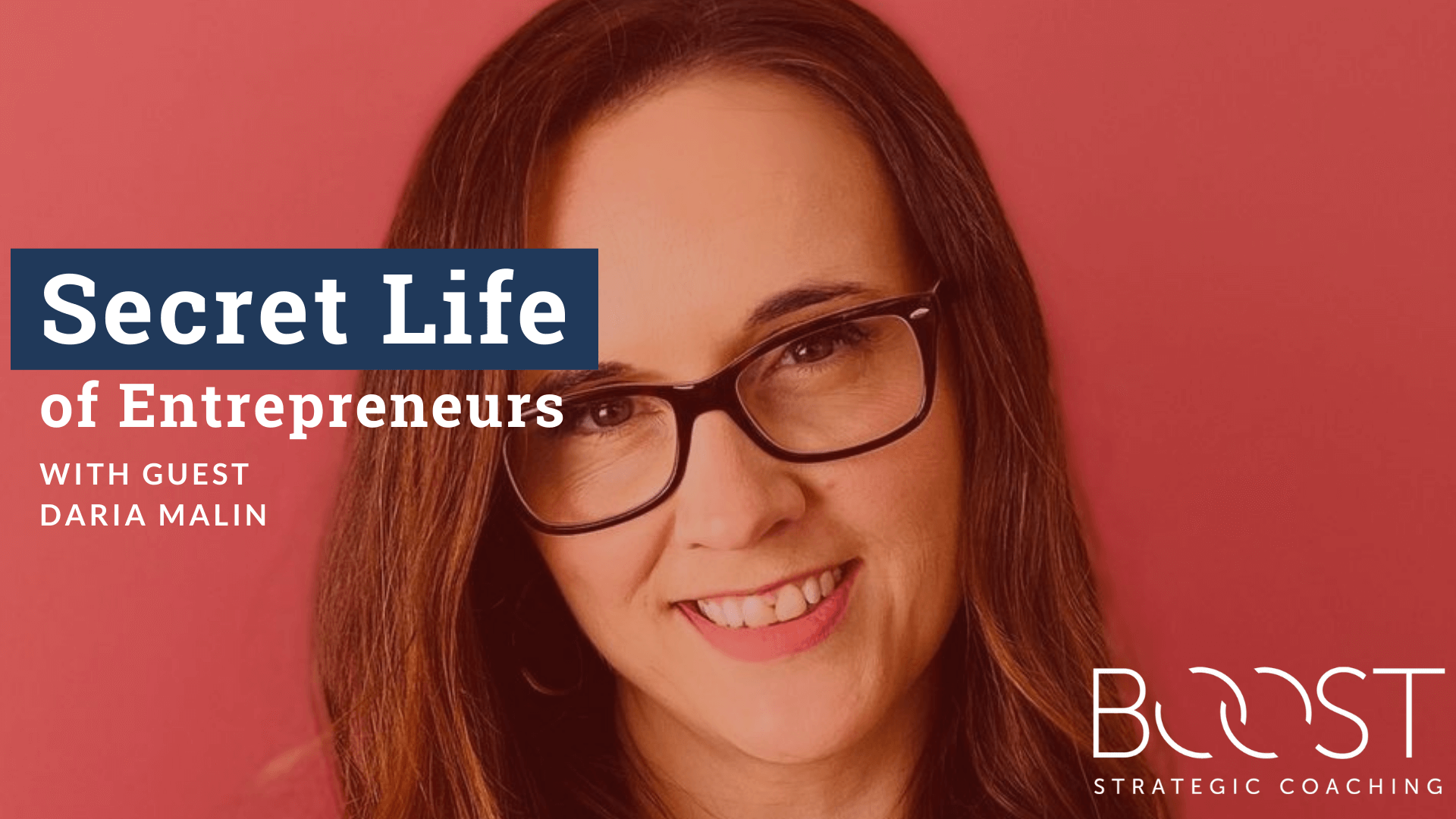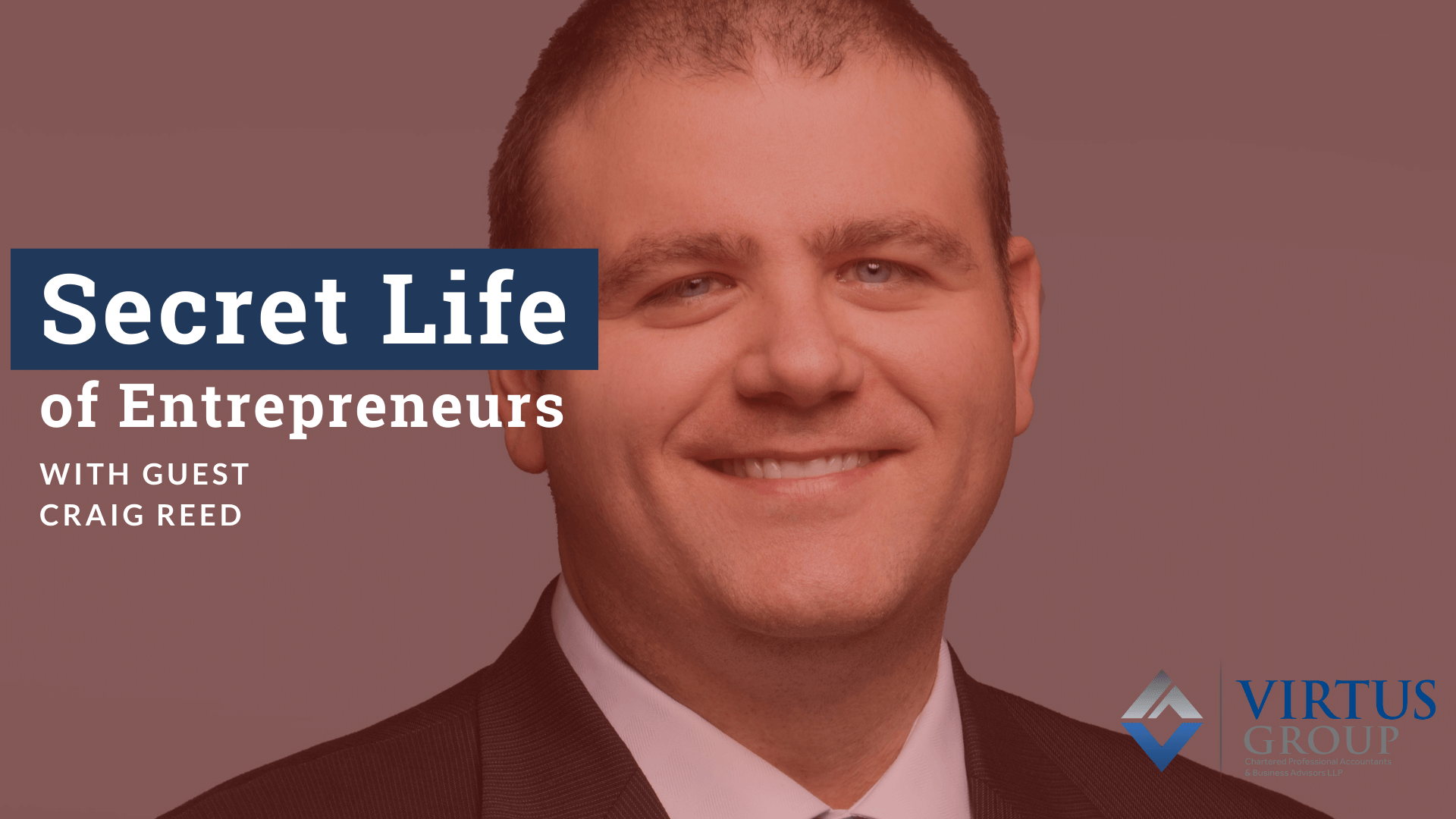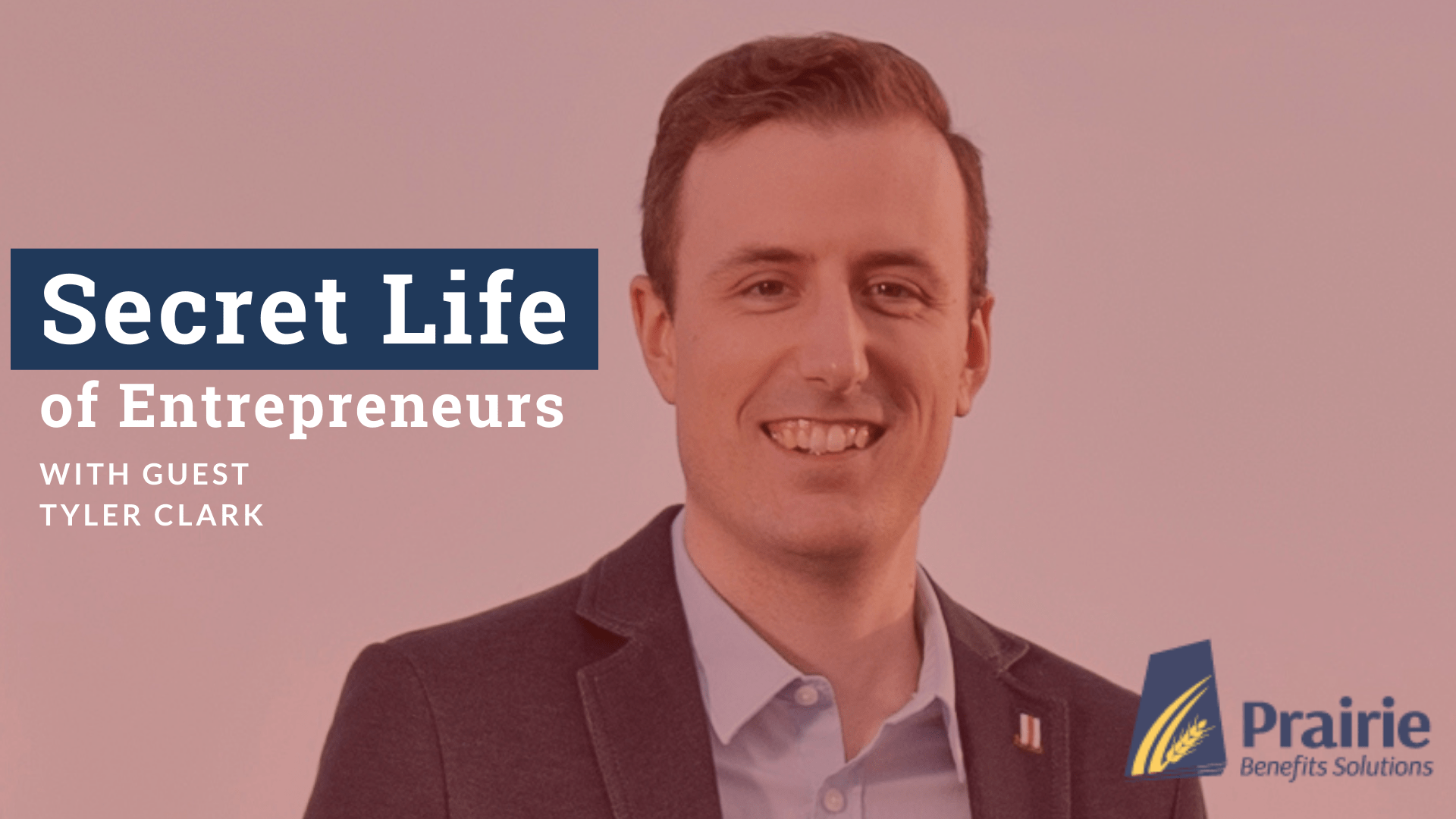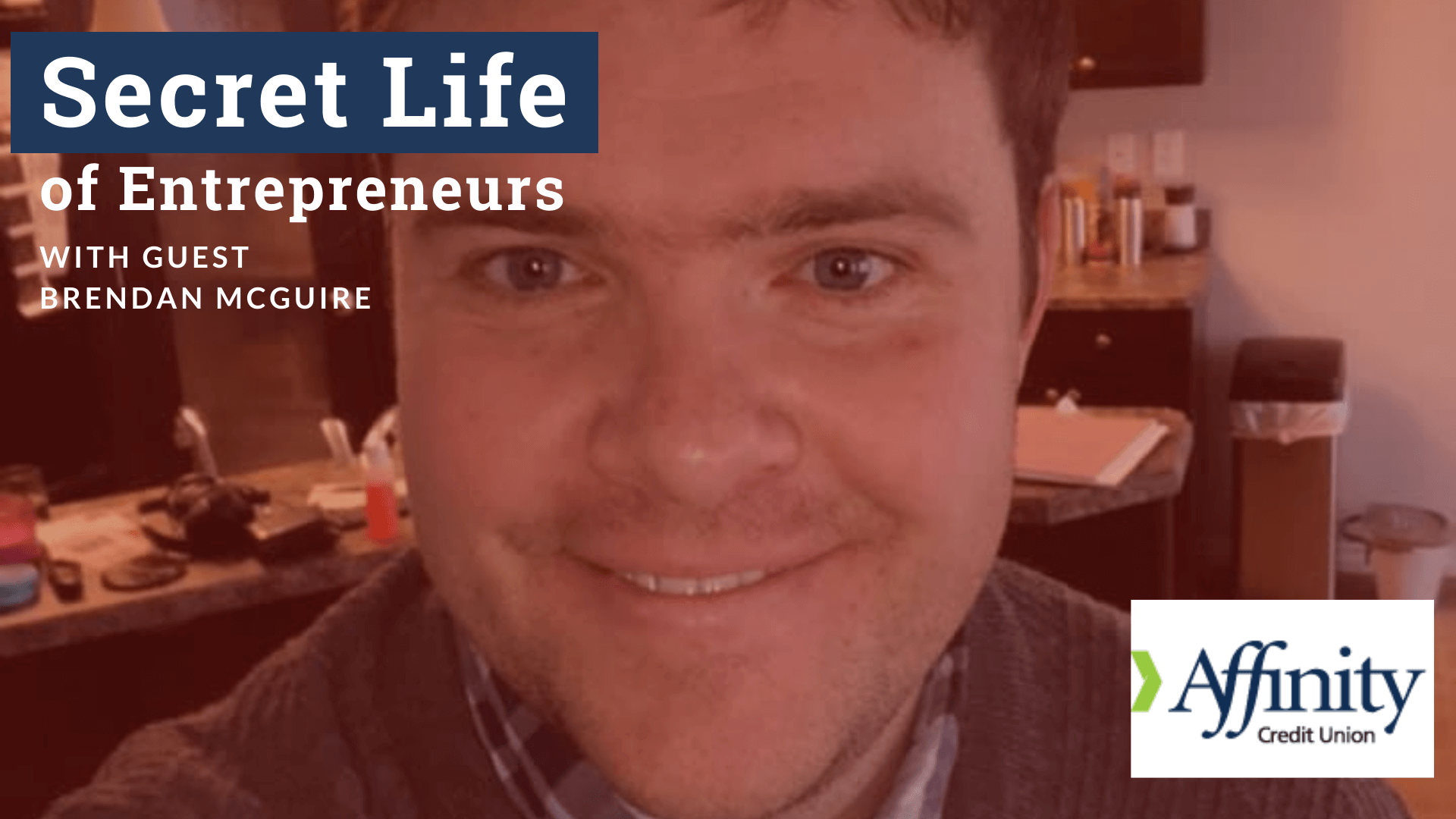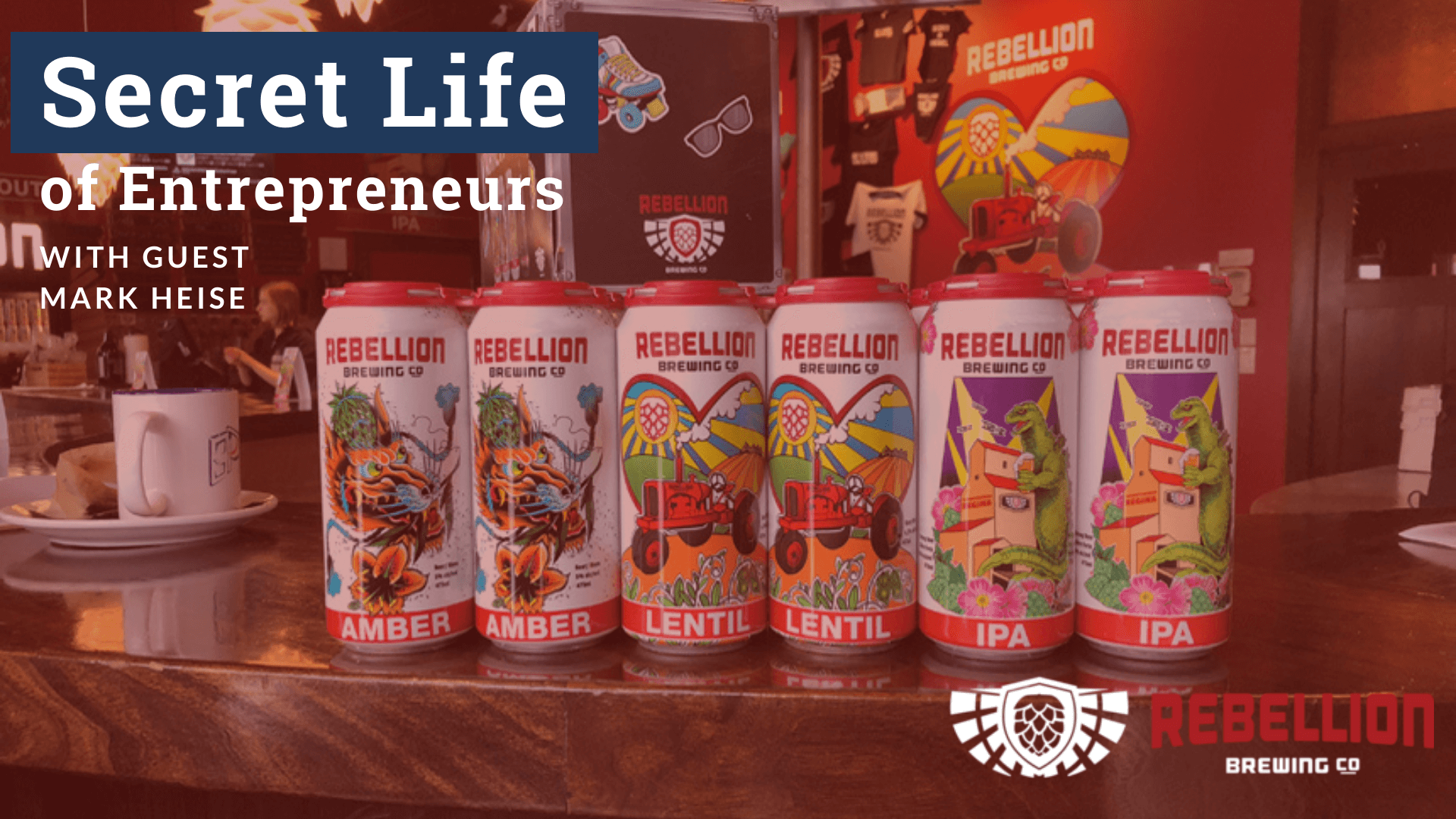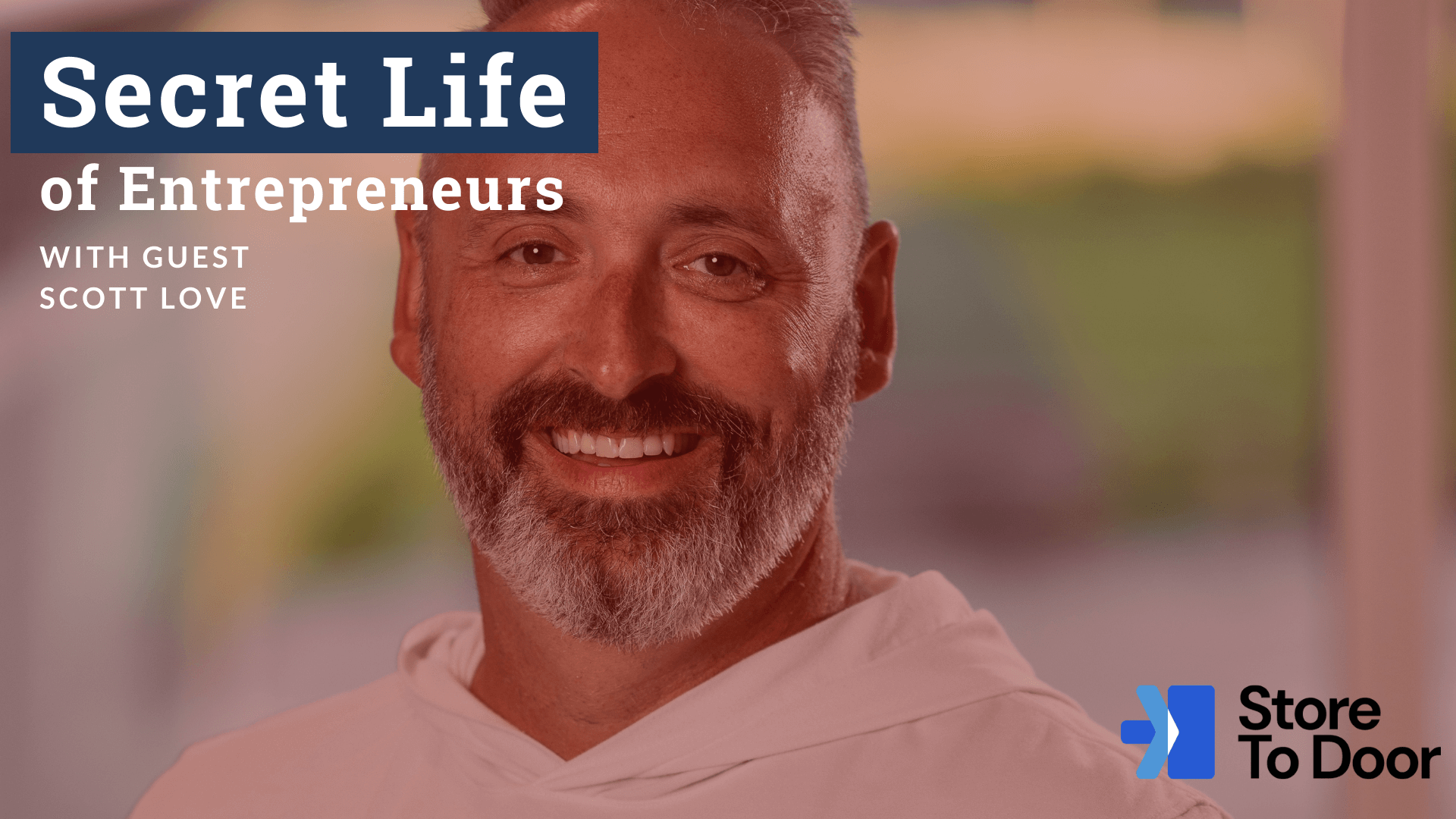Secret Life Ep. 83 with Linda Boryski from Saskatoon PhysioYoga
Barb 0:00Welcome to The Secret Life of entrepreneurs. Today our guest hails from Saskatoon. Linda Borski is the founder, the owner of Saskatchewan’s only fully integrated physiotherapy clinic and medical yoga therapy studio. She is the only one in Saskatchewan practicing this way. So I’ve invited her to be a guest because I want to hear more. And I think you do too. We want to hear more about medical yoga and that traditional physiotherapy, you know, those assholes that make you do a whole bunch of leg lifts. Yeah, those guys probably kill me for saying that. But Oh, well. Barb 0:46You know, we want to hear more about how we can have that deeper level of healing. We’ve all been there, you get an injury, it gets better, and then another injury pops up. So how in the heck can we actually heal head to toe. Linda’s been in business for about six years. And as I say she founded this business. So she’s going to take us on a journey and tell us that story. Linda before I babble on for too long here. Welcome and thank you for being here. Linda 1:18Oh, it’s a pleasure. Always. Yeah. Thanks so much for the opportunity, Barb. Absolutely. So like, start us off? What made you interested in creating this first ever physio yoga together business? Tell us a little bit about that story. Sure, you know, Linda 1:38I was a physiotherapist for about 15 years at the time that a friend of mine opened a yoga studio. So in support of her, I went and joined a few classes that didn’t take me very long to figure out that, hey, you know what, I need to figure out a way to bring yoga into my treatment room. Okay, and, and so that was the very start of it. But in typical physio fashion, we look for a course and some kind of continuing education to get us going to get started. And so that’s what I started to look for. And I came across a program in North Carolina prep, which ended up giving me the certification for medical yoga therapist. And, and the reason it’s medical and not just yoga therapist is because she takes people into her program that have a health sciences degree. Okay, so we have that medical degree, somewhere behind us. Most of us were physio, therapists, some were occupational therapists, or social workers, some nursing some pharmacy. But everybody who graduated with medical yoga therapy certification, had that medical background. Barb 3:00Okay. Great background already. Linda 3:04So, the program, oh, there’s three onsite modules. I think I did mine in about a year and a half. Barb 3:11Oh, so that’s not like a quick six week program. That’s an intensive program, then. Yeah. Okay. And so tell us how the practice has evolved. If you were traditionally practicing physiotherapy before, you know, were you working in another clinic? Or had you always had your own clinic? Linda 3:32Yeah. So the private practice that I was working in at the time, was very, very supportive of me and my quest to bring yoga into my treatment room and into his clinic. But there came a point where I couldn’t really do all that I wanted to do with it. And so I branched out onto my own cape, and rather than trying to take my ideas and fit them into somebody else’s business model, we just, I just kind of said, I’ll create my own business model, and it’ll be centered around the blend of physio and yoga therapy. Barb 4:11Okay, so if I was the client, tell me what that would look like for me. What’s what my customer journey to healing looks like with Saskatoon physio yoga? Linda 4:22Hmm, great question. I think where most of people start is they’re curious about us. Physio yoga, how’s that gonna work? So, typically, people come in for the physio piece, okay, sprained ankle, low back pain, neck pain and headaches from working from home or whatever it is. These are long standing injuries from when we were athletes. years ago, decades ago. Perhaps But these nagging little things and, so they end up coming to us, kind of because we’re physios I believe anyway. Linda 5:11And that physio background gives us a really lovely base to operate from. It’s evidence based, it’s a regulated profession, it’s really well respected amongst healthcare professionals. So, you know, we’ve got that really nice face. And then what we start to do depends on the person, so if your kid doesn’t fit into your kitchen upstairs, then we don’t break it in there or, or we weave it in very small doses and kind of inconspicuously. Linda 5:47When we start to bring in some of these other aspects, we’ll talk to our clients about well, what are your sleep patterns? Like? Okay, what are some? What’s nutrition like for you? What is stress? like for you? What are some of your stress management strategies? Barb 6:05Social connectivity, who’s your support system? So we start going just beyond that low back focus, right, or that elbow pain focus, and we start to bring in some of these elements, these other elements. Very realistic, is what I’m hearing, right? There’s a holistic approach. People are complete beings. And so your elbow, I can be causing huge stress, because now you can’t work the same number of hours and everything is tied together. Okay. Yes, I understand that the elbow doesn’t allow you to pick up your infant. Barb 6:43Yeah. Oh, that’s a good example. Right? Linda 6:47And then all of a sudden, it’s kind of like then then the psychosocial piece comes in. It’s kind of like, I can’t be the mom that I wanted to be. Or I can’t be the provider that I wanted to be because I’m not working as I want to need to.

